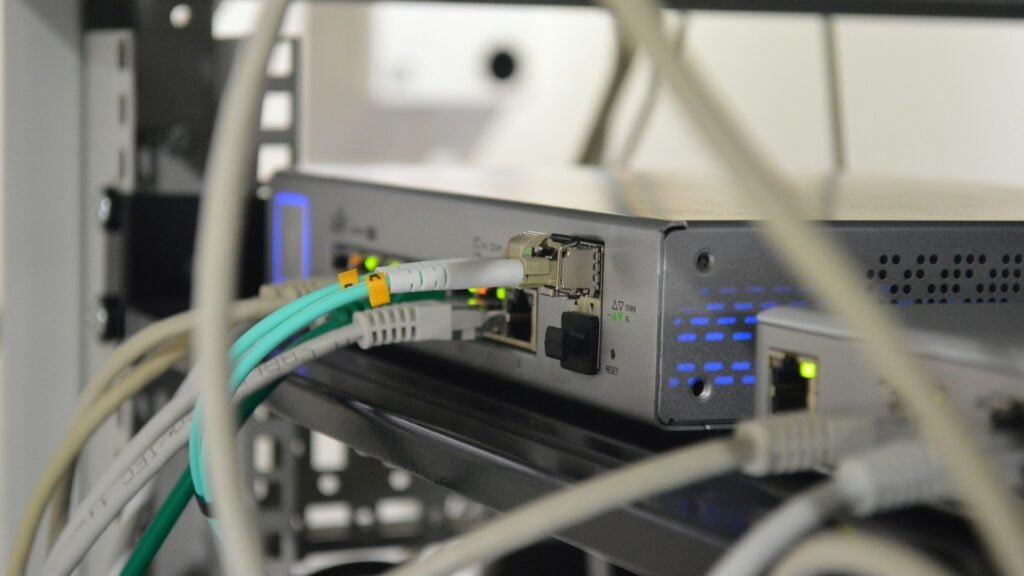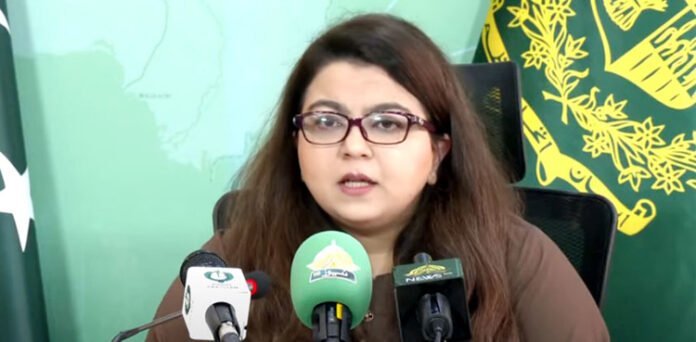
Pakistan’s Internet Issues
Pakistan has recently been dealing with much slower internet connections, causing major discontent and confusion among consumers and companies. The situation has been linked to a mix of technological issues, changes in law, and increased usage of virtual private networks (VPNs).
One of the most important causes of this slowness is a problem in the IMEWE (India-Middle East-Western Europe) underwater cable, which is important technology for Pakistan’s internet capacity. When this cable gets cut off, it causes important connection concerns and reduced speeds throughout the country. Repairing such cables is no easy task, frequently needing advanced and time-consuming procedures that increase performance issues.
Along with these technological issues, network management techniques contribute to the slowness. The use of firewalls and content filtering by internet service providers (ISPs) and governments aims to control access and improve security. However, these measures can cause problems, particularly when big volumes of data are being handled, resulting in slower internet speeds.

Shiza Fatima, Pakistan’s Minister of Information and Technology, has spoken out publicly about the matter. She underlined that the government was not behind the slowness and that no additional limitations had been imposed. Instead, she noted that the growing popularity of VPNs was an important factor. Many individuals use VPNs to avoid limitations and safeguard their online activity, but the increasing demand puts more stress on the network, resulting in slower speeds.
In addition to these technological issues, some believe that the delay is related to efforts to restrict political content. Some feel the government may be implementing limitations to control the flow of information about former Prime Minister Imran Khan. While political influences may have an impact on internet speeds, public statements often point to technical difficulties such as cable breakdowns as the primary culprit.
This downturn is having an especially major effect on Pakistan’s many different sectors. Freelancers, contact centers, e-commerce specialists, and workers who work remotely are all fighting to stay productive because of unstable internet connections. The delays are a huge setback for freelancers, who rely significantly on stable internet access for client contact and project management purposes.
In conclusion, the current decrease in internet speeds in Pakistan is a complicated issue including technological flaws, increased VPN usage, and potential political influences. As attempts continue to fix technical Pakistan’s Internet Issues and enhance network infrastructure, the situation remains under examination. The problems that professionals confront highlight the vital need for a stable and efficient internet connection to support productivity and company operations.
Also Read: Free Fitness Apps for Beginners 2024

Great Information✨😍
Thank u for your comment on my post
Great Work ✨